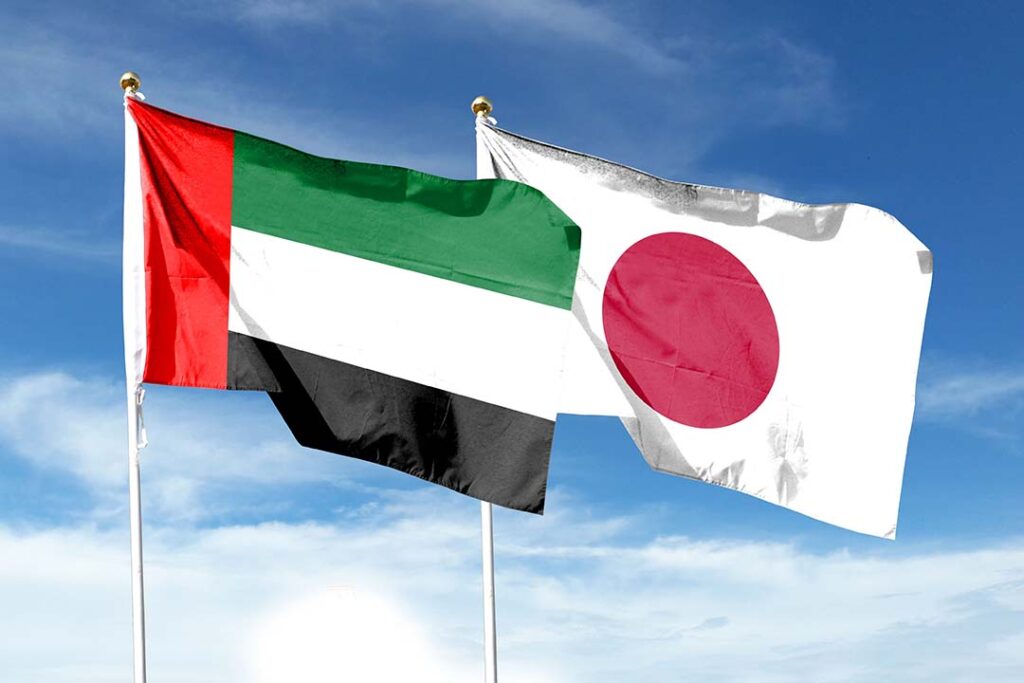As the Osaka Expo is underway, the Canada Pavilion is doing more than showcasing innovation—it is spotlighting a future-forward partnership between Canada and Japan. Anchored by shared democratic values, climate goals, and economic priorities, this growing bilateral relationship now spans finance, manufacturing, energy, and digital innovation, driven by collaboration across both the public and private sectors.
This momentum was recently reinforced at the highest levels. On May 2, Japanese Prime Minister Shigeru Ishiba and Canada’s newly elected Prime Minister Mark Carney held a summit call to reaffirm the strategic partnership between the two countries. Prime Minister Ishiba expressed his intent to strengthen ties in the Indo-Pacific region and praised the importance of the LNG Canada project, set to commence production this year, as critical for the region’s energy security—including Japan. Both leaders agreed to deepen cooperation through Expo 2025 and across G7 platforms, with Prime Minister Carney currently serving as G7 chair.
This renewed diplomatic alignment is mirrored by real-world investment and innovation on the ground.
Japanese investment in Canada underscores the strength of this relationship. Mizuho Bank Canada, the local arm of one of Japan’s largest financial institutions, is supporting Japanese enterprises operating in Canada’s stable and globally respected financial ecosystem—home to stalwarts like Sun Life and Manulife. Manufacturers like KTH Shelburne Manufacturing Inc. (KSM) further demonstrate long-term Japanese contributions to Canada’s auto industry, while TOA Canada Corporation brings Japan’s renowned engineering expertise to Canadian infrastructure through advanced audio and public address systems.
On the Canadian side, firms such as Northleaf Capital are expanding their reach into Japan’s mature markets. As a global private markets investor, Northleaf’s activity in Asia reflects a broader confidence in Japan’s economic landscape and investment potential.
“For the Japanese market, we are focused on bringing new innovation that can help Japanese society and Japanese industry to solve issues they are having,” says Yuichi Hatano, Executive Director of JETRO Toronto. “It can be in any sector, but a main focus for us is healthcare, cleantech, and digital transformation, which includes advanced technologies such as AI, IoT, and quantum.”
JETRO is also actively building innovation pipelines. “Over the past few years, JETRO has focused on two main areas in Canada: promoting innovation collaboration and promoting Japanese products including food and beverages. Going forward, we want to support more Japanese start-ups to see Canada as a landing spot as they scale globally,” Hatano adds.
Going forward, we want to support more Japanese start-ups to see Canada as a landing spot as they scale globally.
Yuichi Hatano, Executive Director of JETRO Toronto

One key example is the launch of DMZ Japan, a milestone collaboration between JETRO and Toronto Metropolitan University’s DMZ, one of the world’s top-ranked startup incubators. “It’s the first Canadian incubator we’ve supported to establish a base in Japan,” says Hatano. “It can be a focal point for more Canadian start-ups to go to Japan and Japanese start-ups to come to Canada.”
Japanese industrial know-how also offers strategic value for Canada. “Japanese companies can bring their industrial and manufacturing know-how to co-develop new technologies in fields like EV manufacturing, rare earth mining, and energy—including hydrogen as well as traditional oil and gas,” Hatano adds. “Start-ups in fields like robotics or agetech can adapt their innovations for the Canadian market.”
Energy remains a cornerstone of this relationship. Shannon Watt, CEO of the Canadian Propane Association, highlights the growing shift in Canada’s energy exports: “From five years ago, when we exported almost all propane to the U.S., we’ve grown to now send about 40% of exports to Asia. Japan alone takes about 25%.”
From five years ago, when we exported almost all propane to the U.S., we’ve grown to now send about 40% of exports to Asia. Japan alone takes about 25%.
Shannon Watt, President and Chief Executive Officer of Canada Propane Association

With Expo 2025 serving as a platform for global dialogue and innovation, and with top-level political will on both sides, Canada and Japan are well positioned to lead in the Indo-Pacific. Whether through cleantech, capital markets, or energy cooperation, this resilient and future-oriented partnership is shaping not only bilateral success but also the broader regional landscape.











